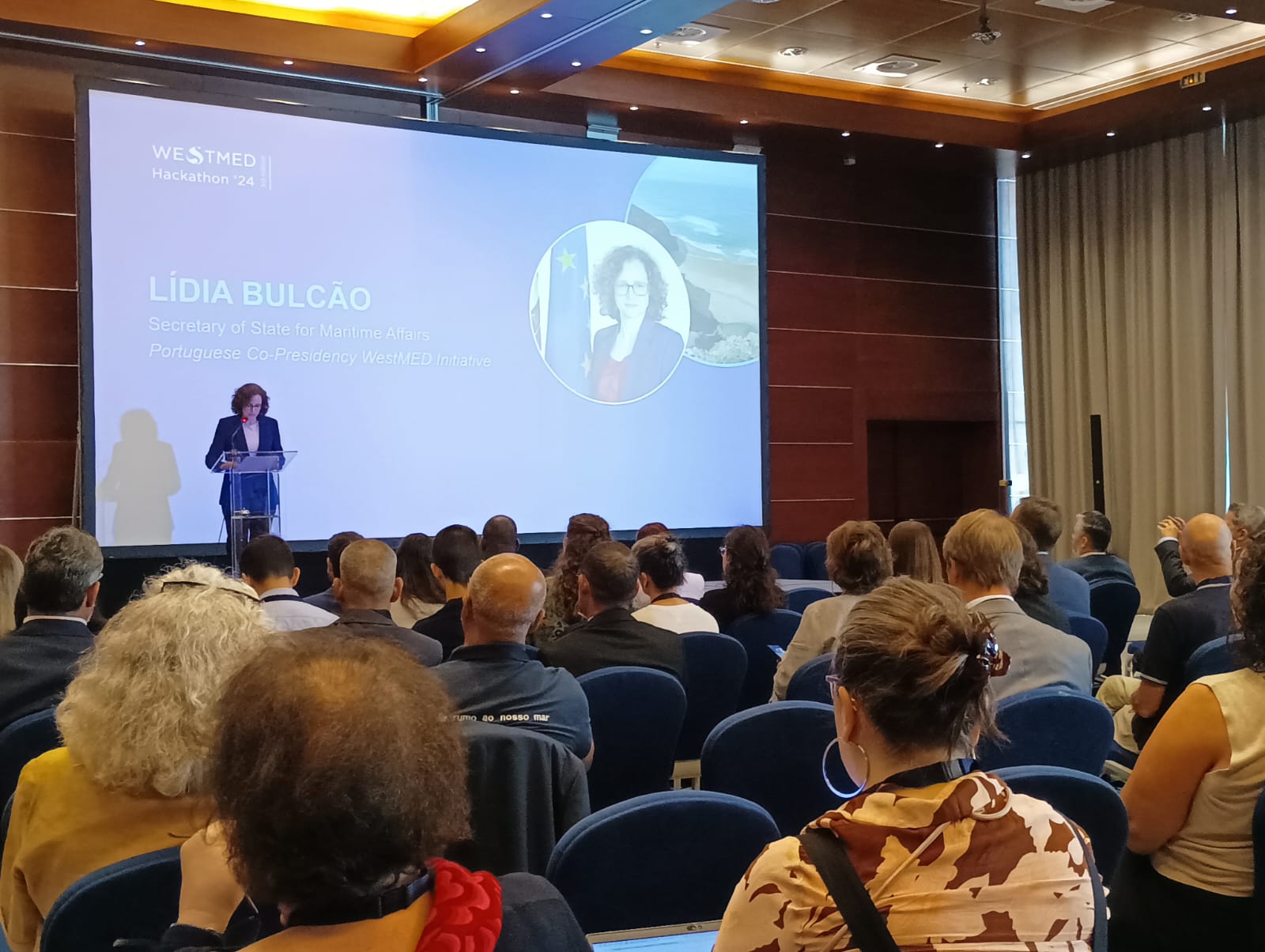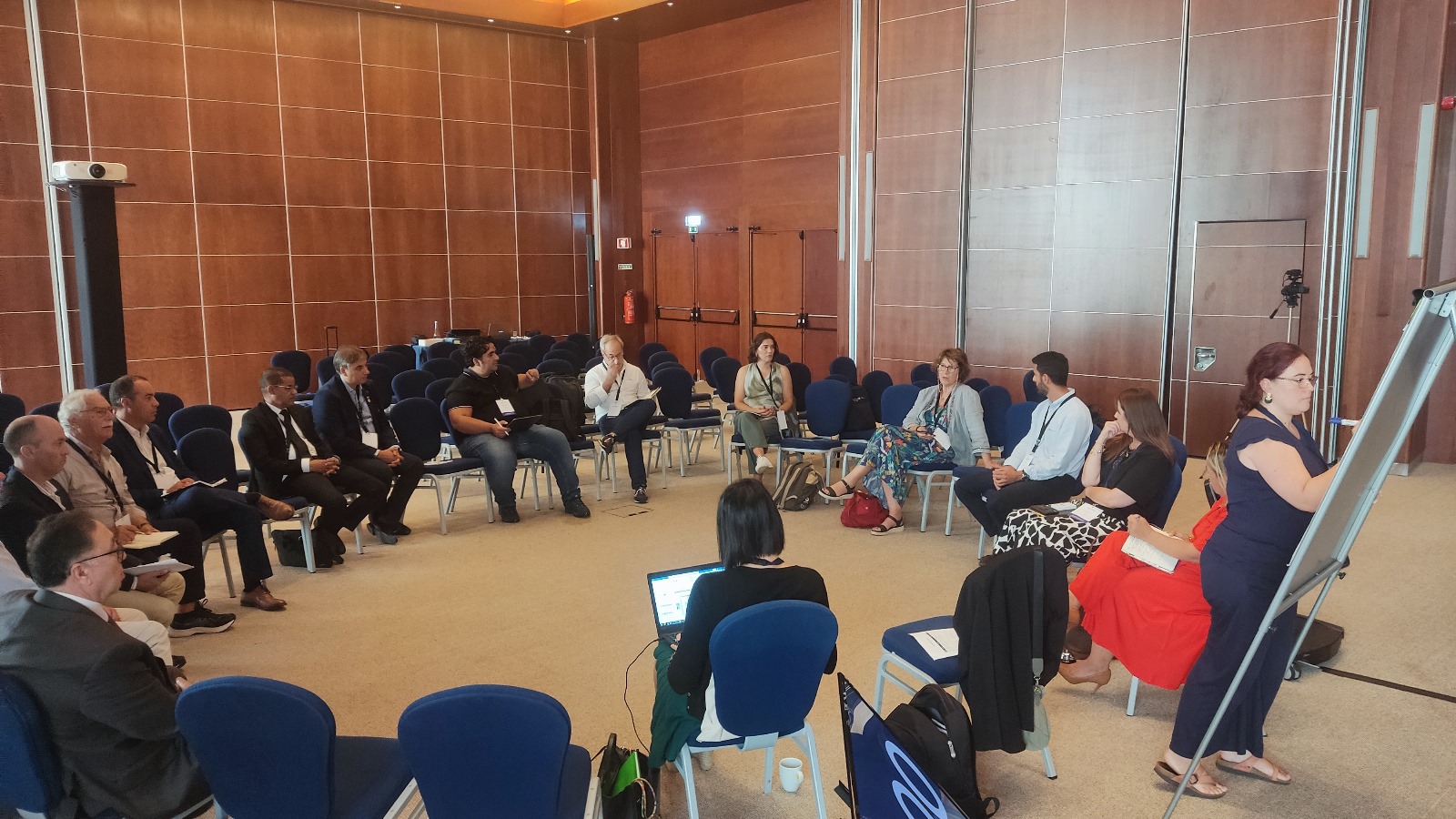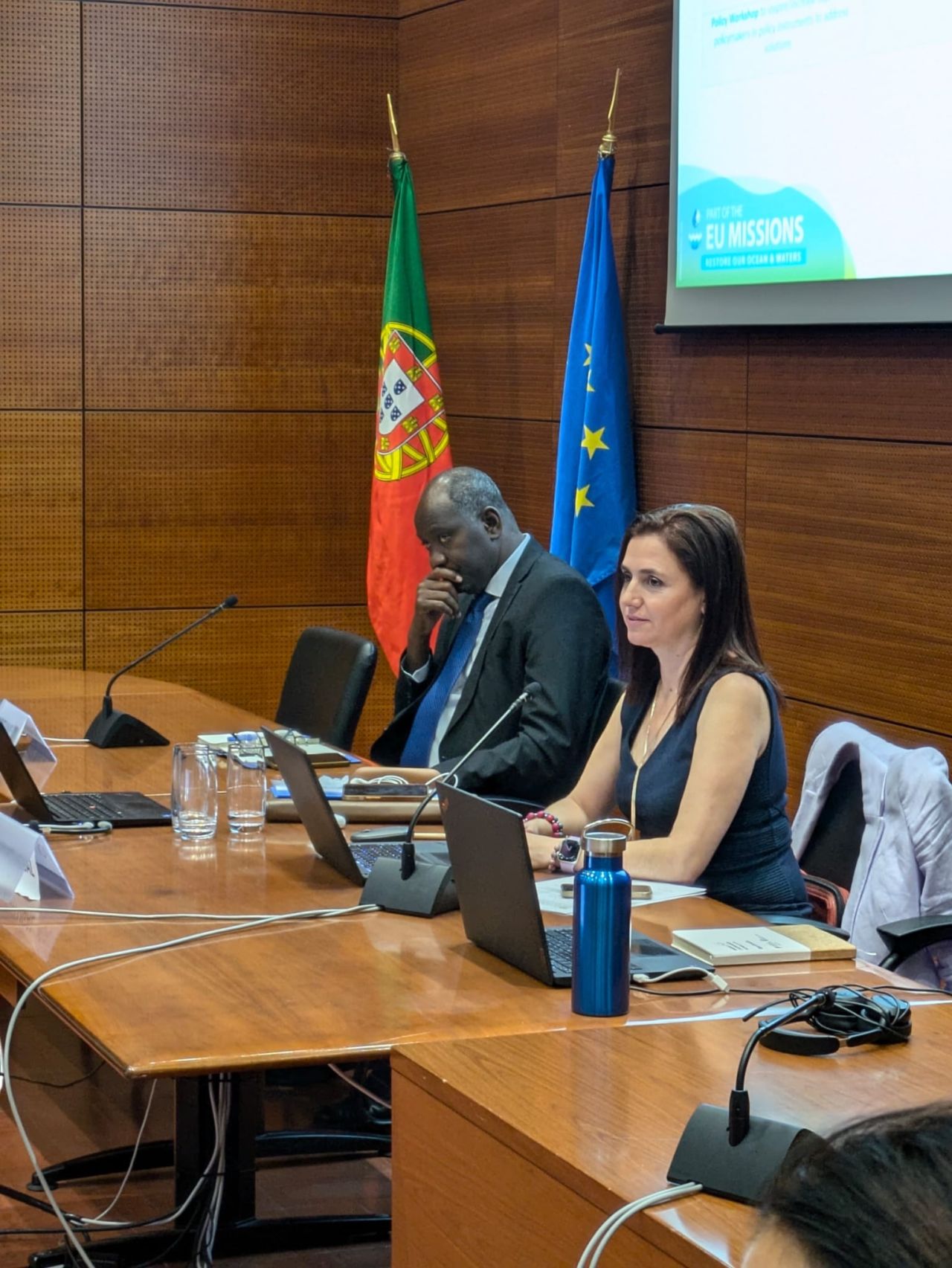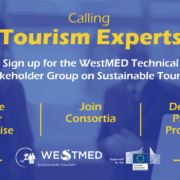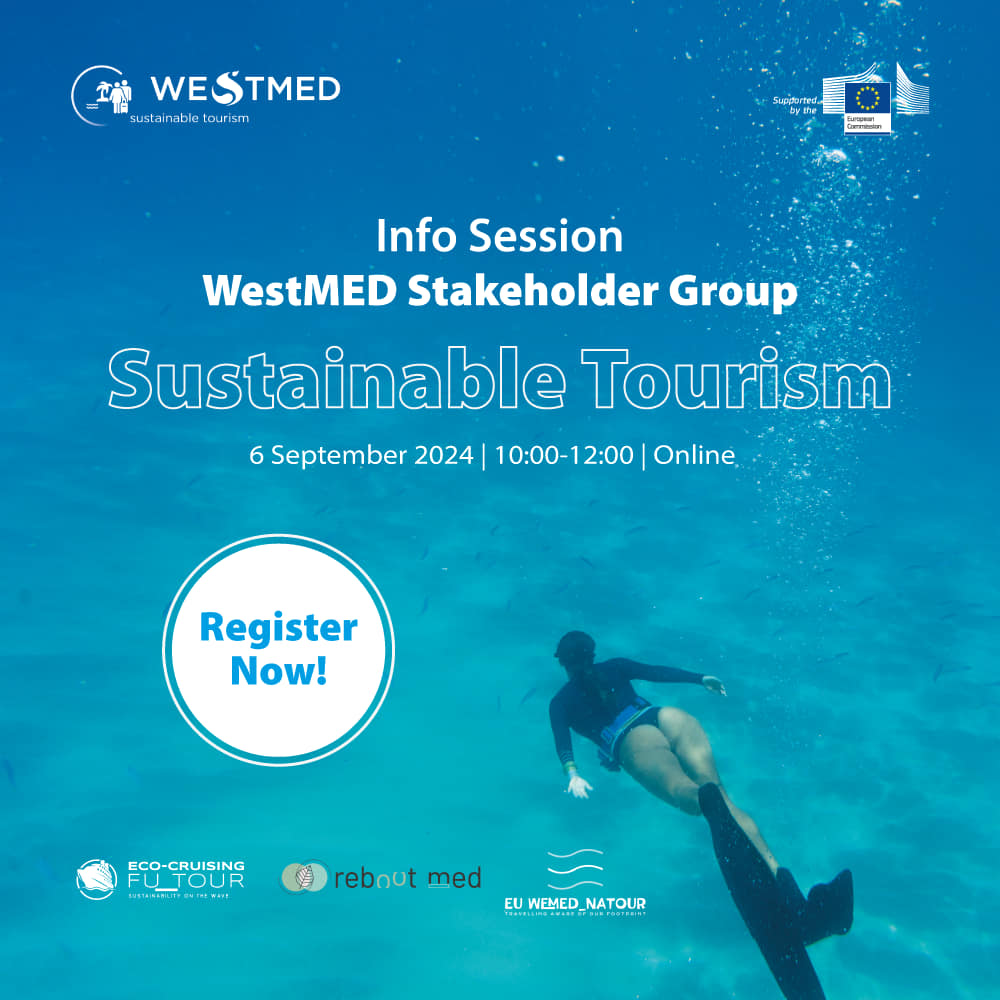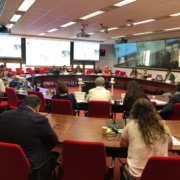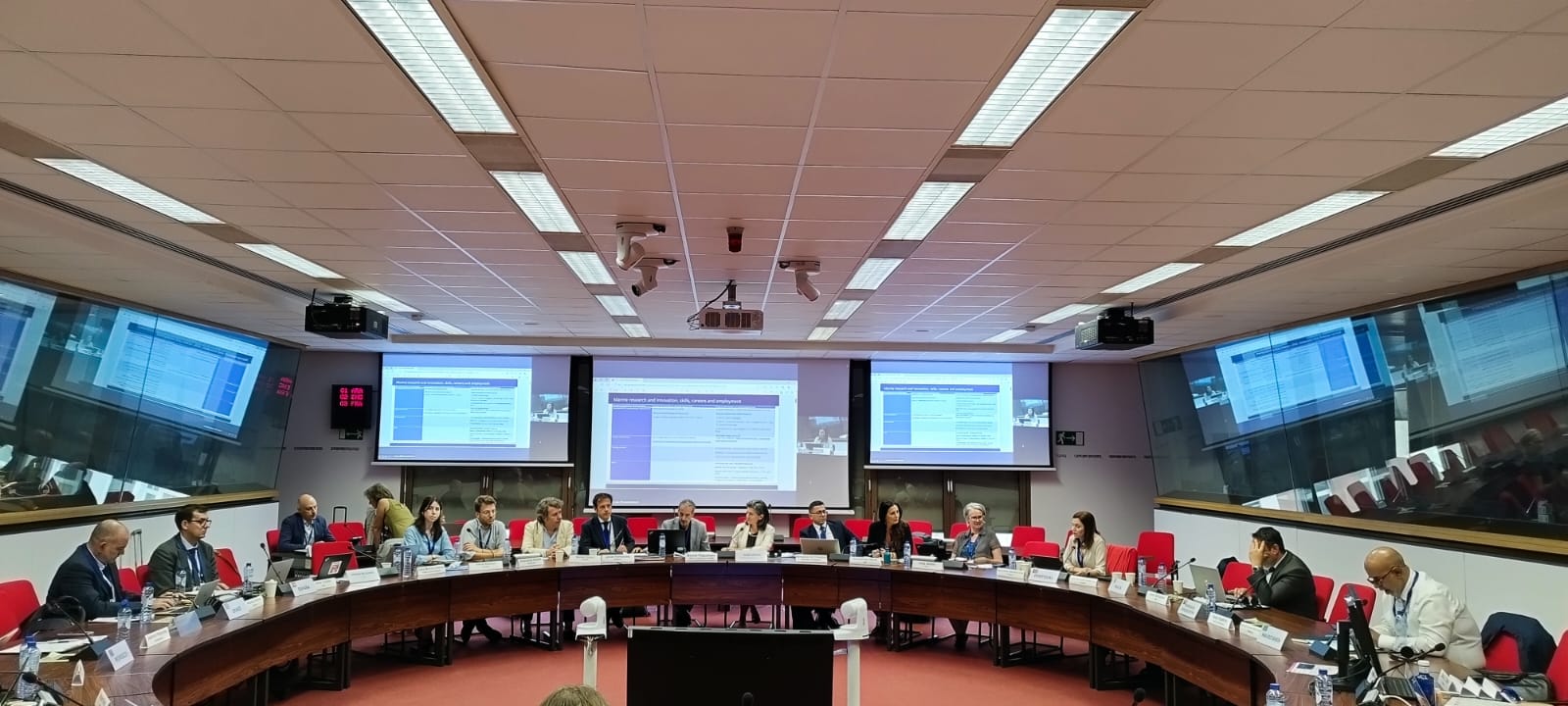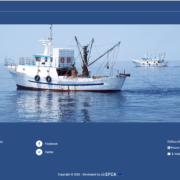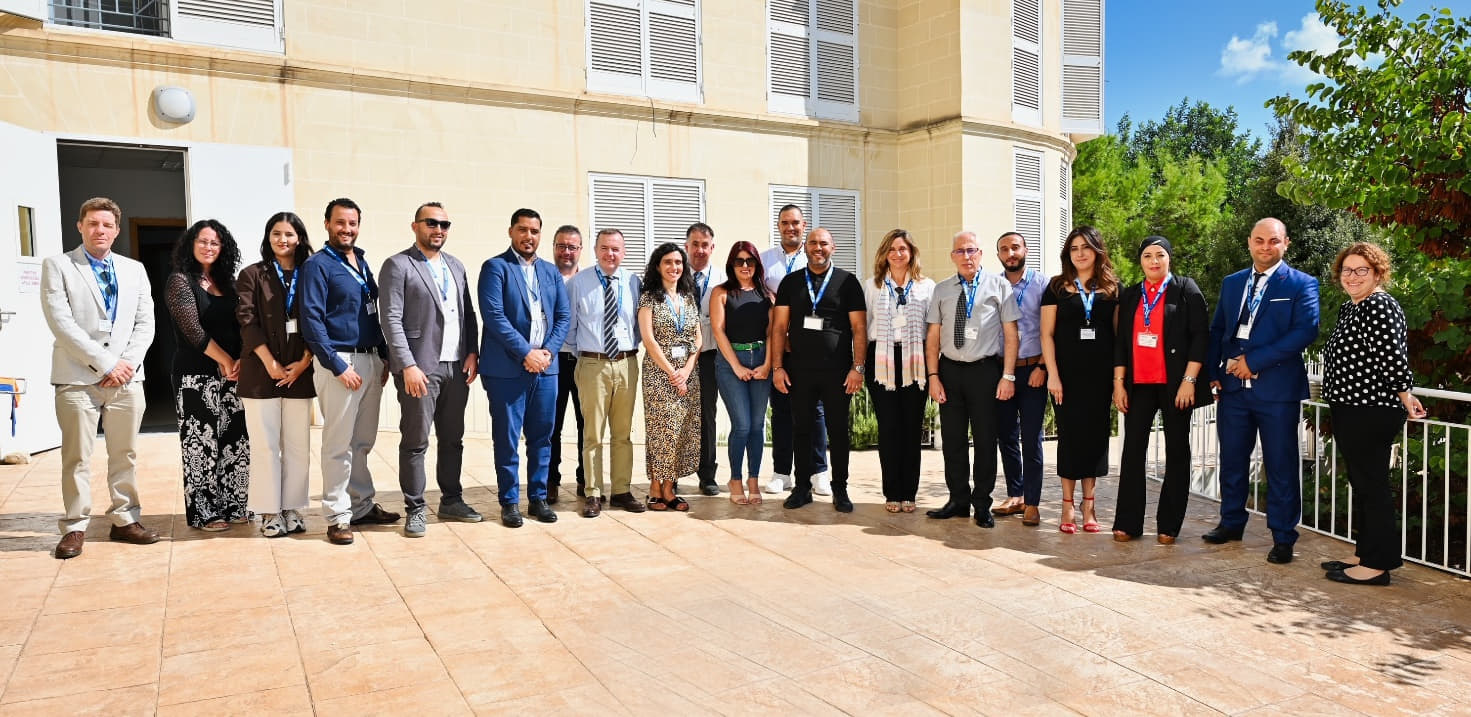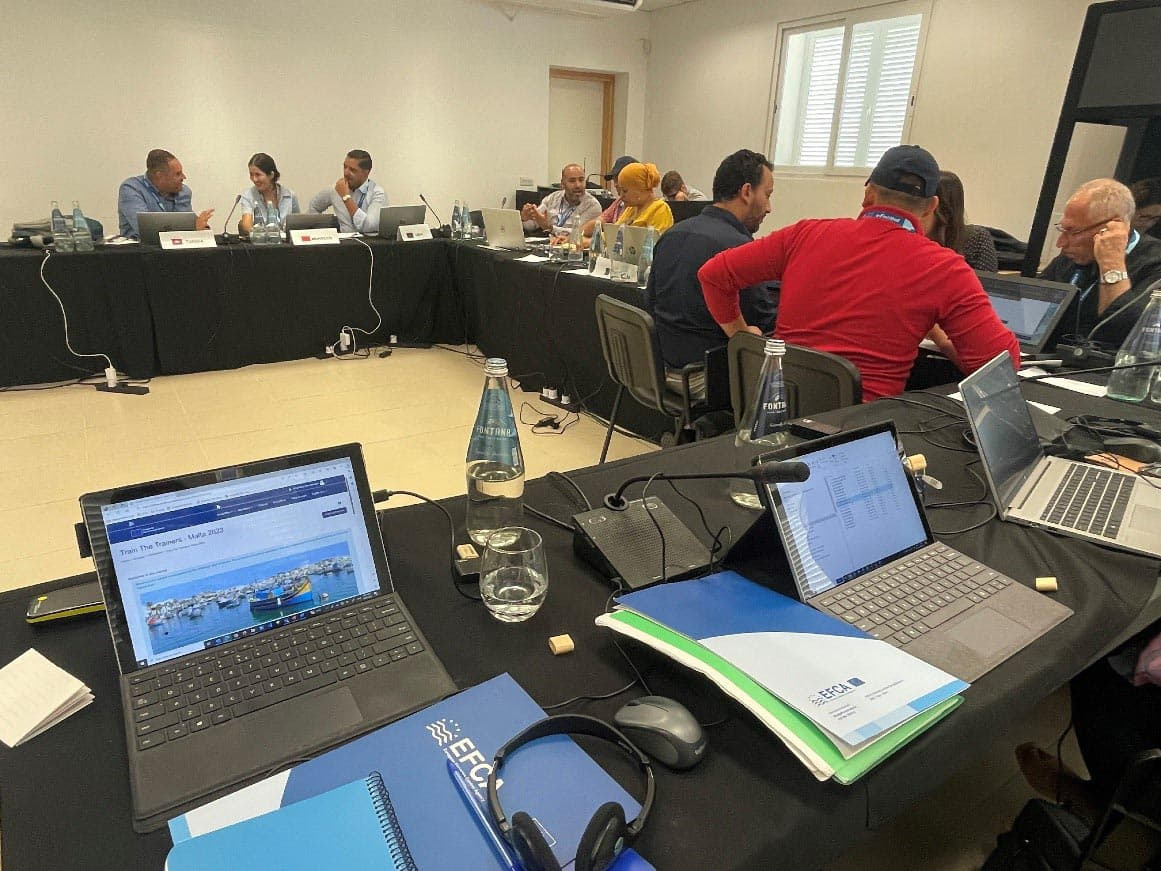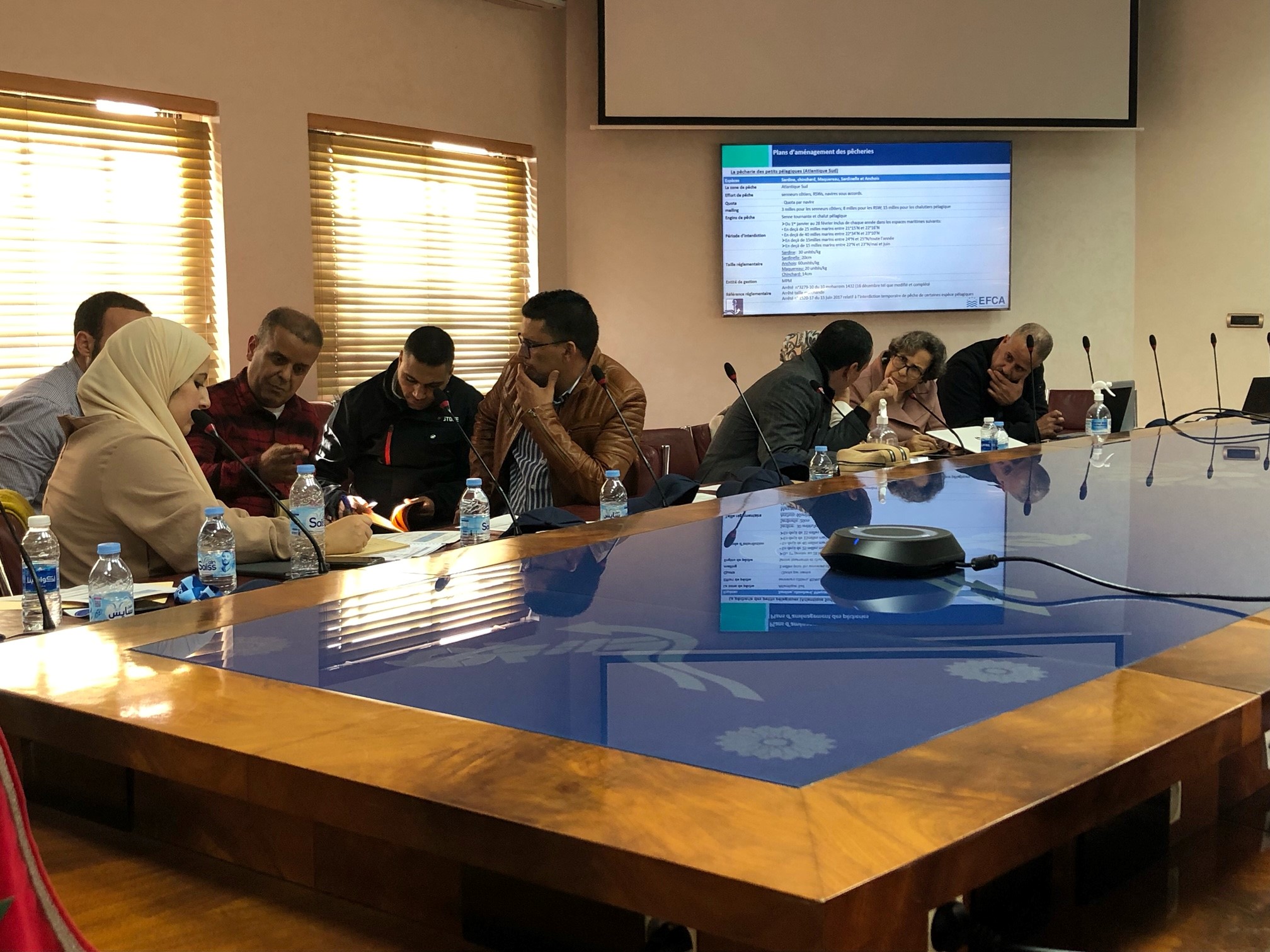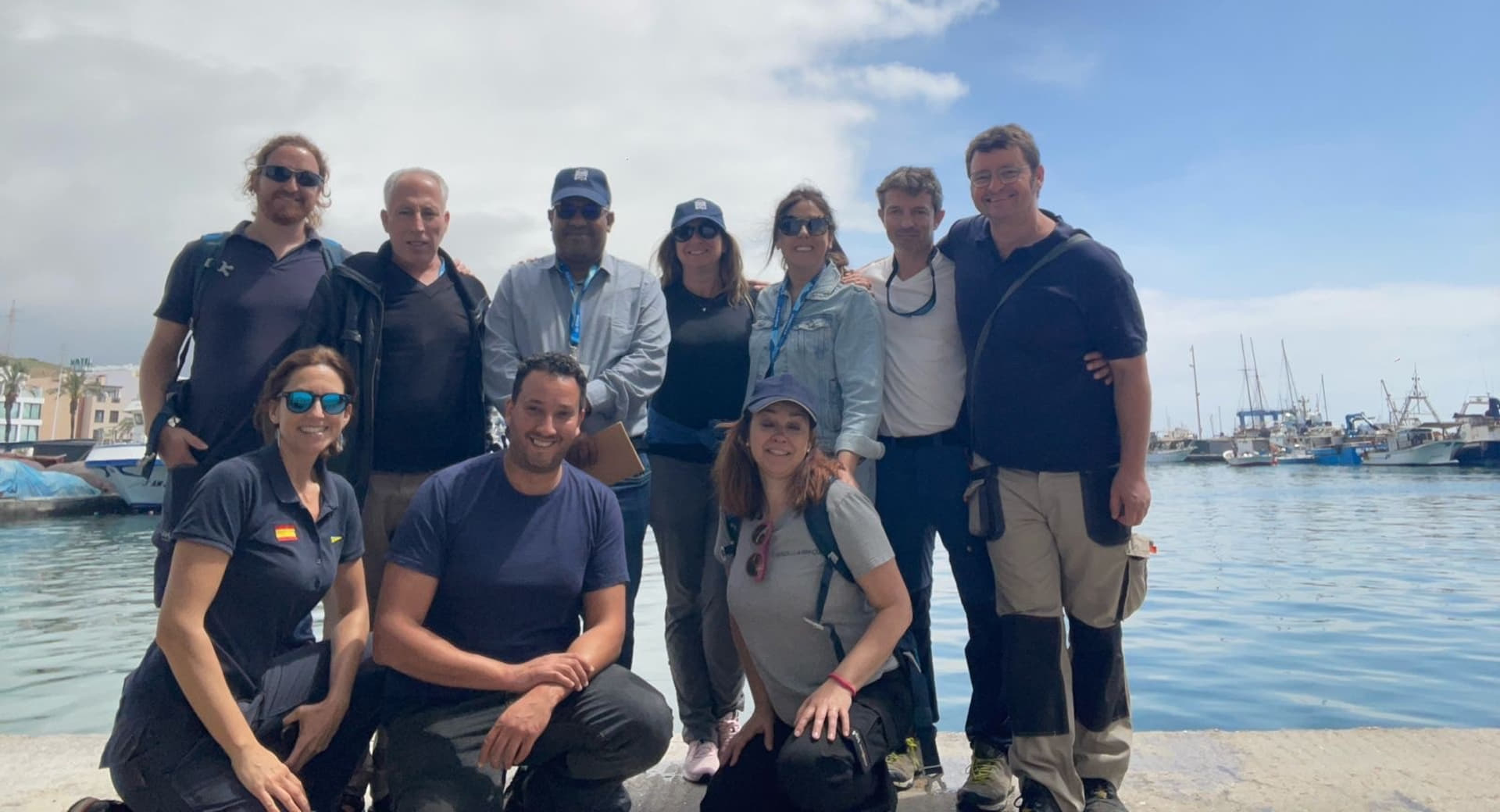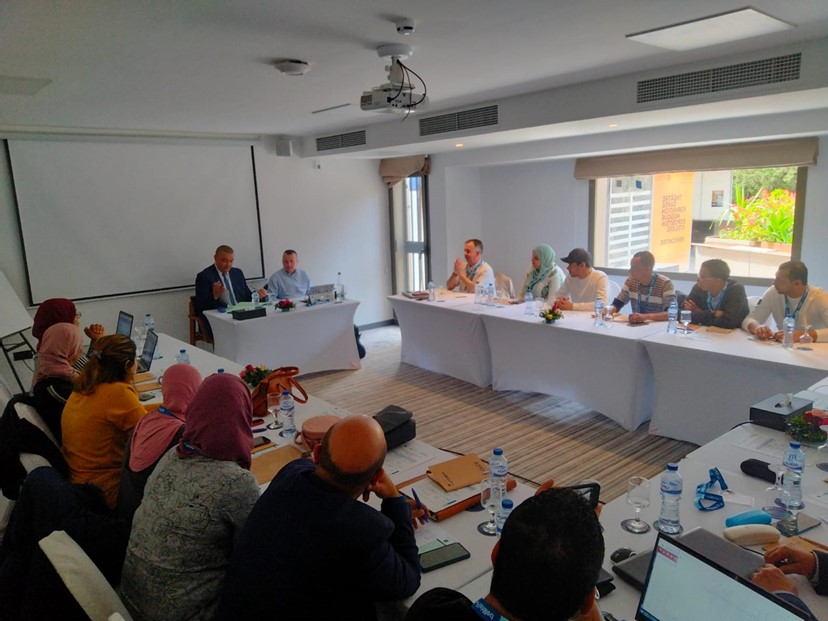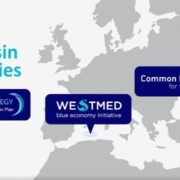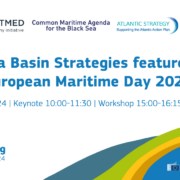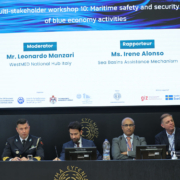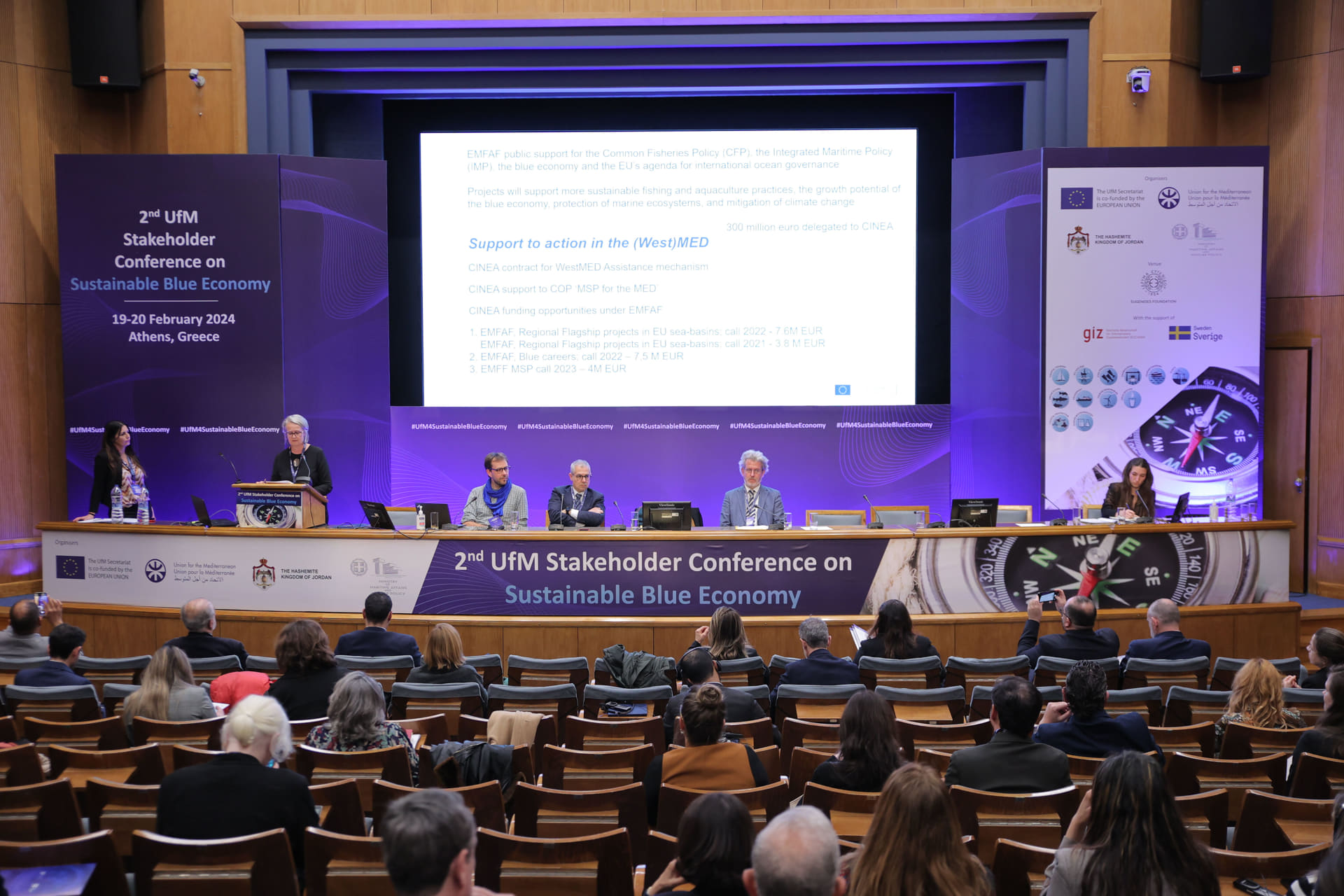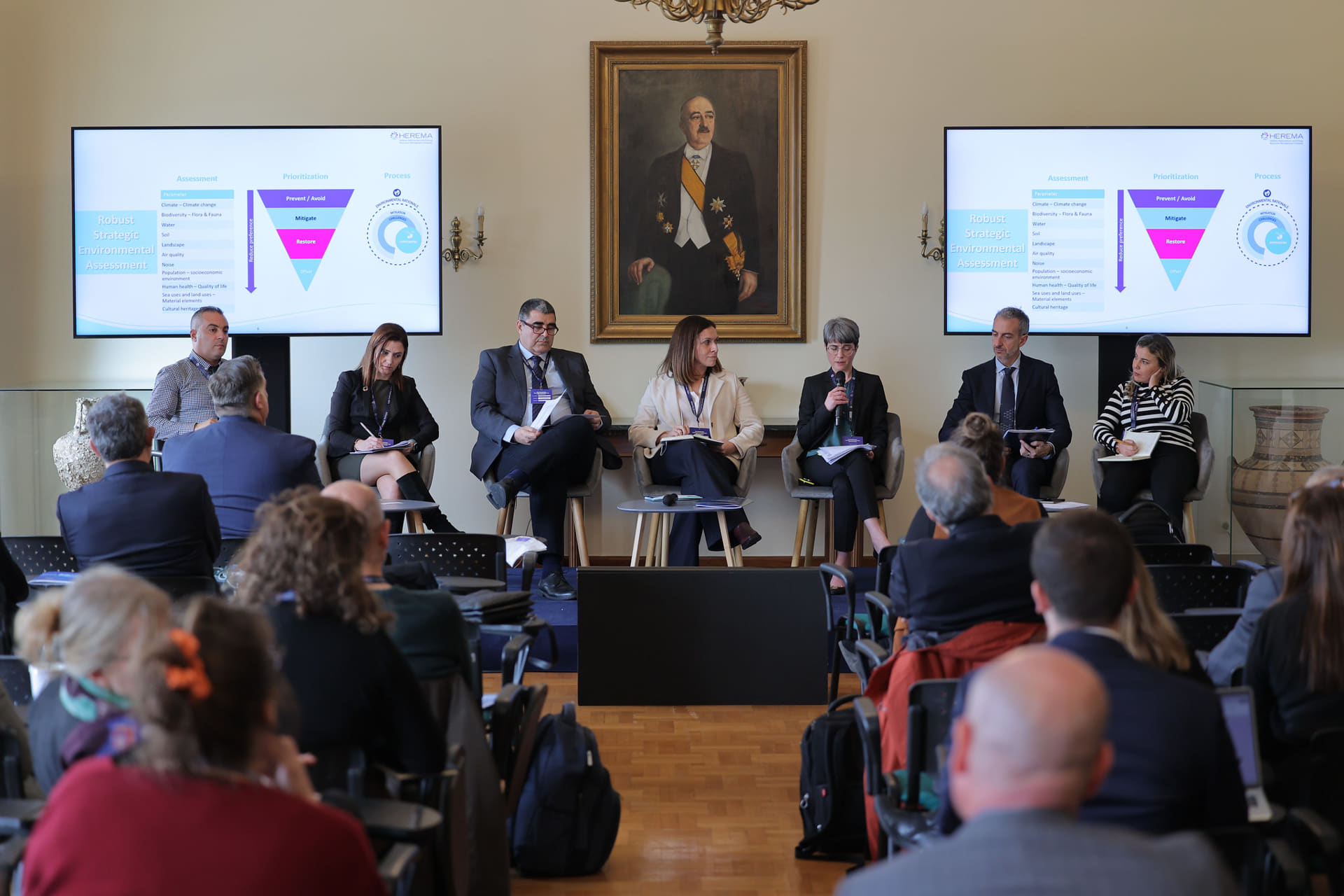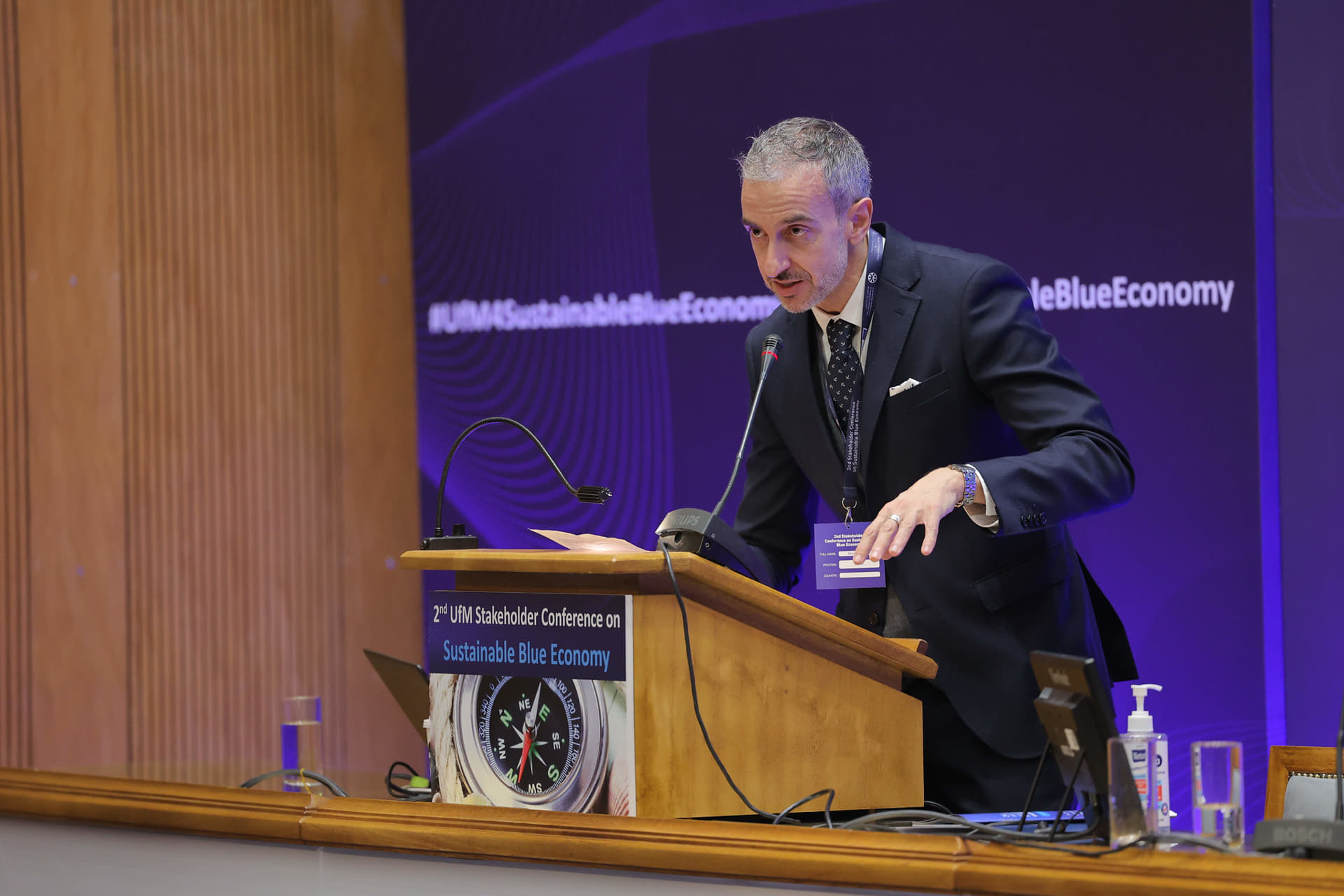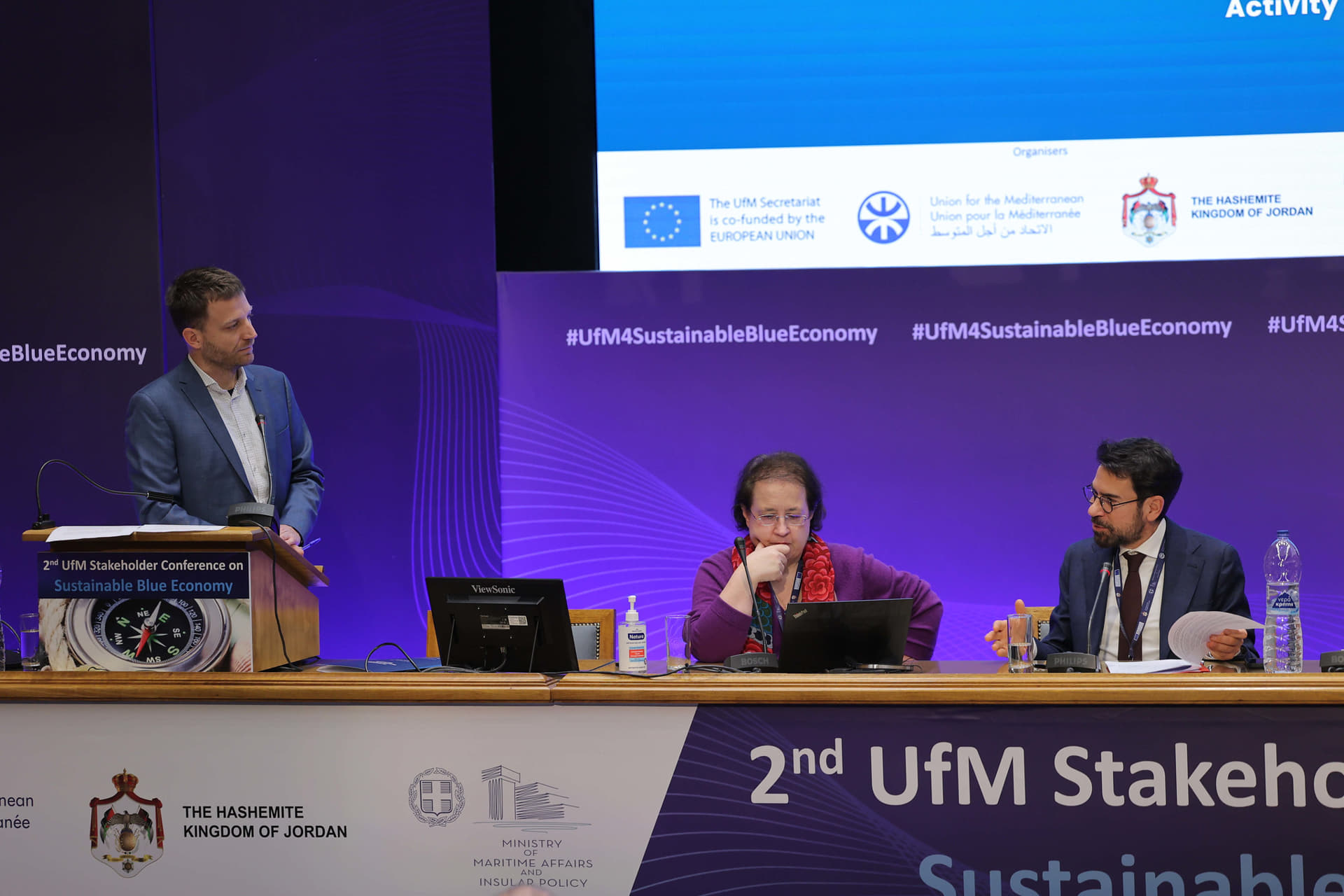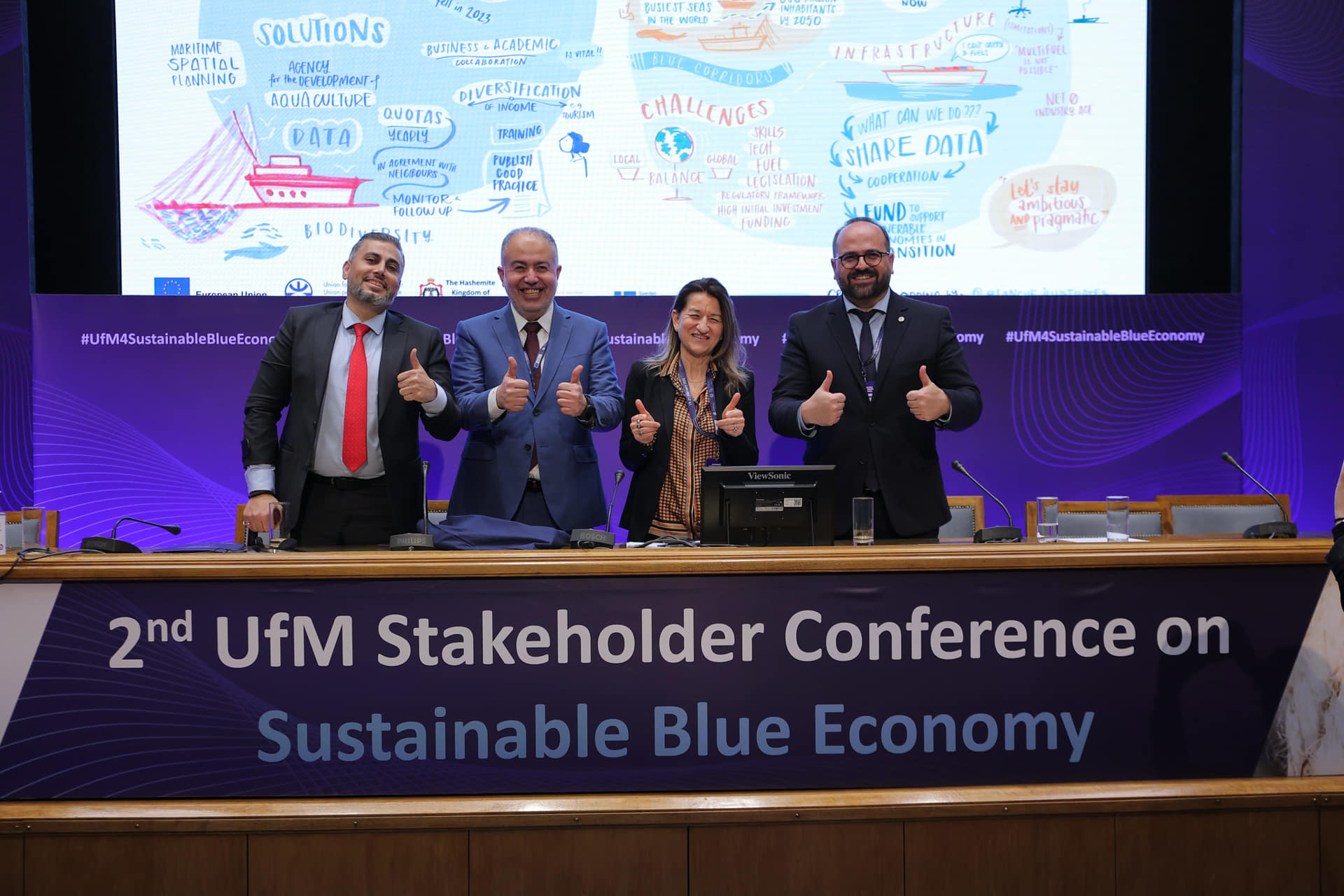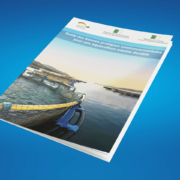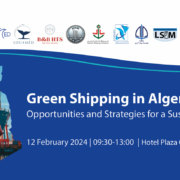WestMED Hackathon 2024: Crafting Sustainable Blue Economy Projects
On 3 October 2024, 87 practioners and policymakers from 15 countries met in Vilamoura, Portugal to discuss project ideas and possible funding sources. This was the 3rd WestMED hackathon after previous succesful sessions in Palermo (2019) and Malta (2022).
This year’s Hackathon with the title ‘Crafting Sustainable Blue Economy Projects’ was hosted and co-organised by Portugal, Mauritania and DG MARE/ European Commission.
After the opening remarks by the Sea Basins Assistance Mechanism Team Leader from Ecorys (Javier Fernández), the Portuguese and Mauritanian co-presidencies (Lídia Bulcão and Demba Diawara) and a welcome word by the European Commission (Christos Economou), WestMED’s project coordinator (Celia Murcia) took the floor to explain the proceedings for the day and introduced the speakers that each detailed different EU financial instruments with current and upcoming funding opportunities such as Interreg NEXT MED, EMFAF, BlueInvest and Erasmus+.
These instruments have proven to be a vital part to support the implementation of ideas, projects and creation of partnerships that promote co-operation, collaboration and co-ordination between the economic agents of the countries that are part of the WestMed Initiative. This funding part was completed by a presentation detailing 2 practical Portuguese examples that have been supported by the WestMED National Hub and can be replicated: MEDBAN (Mediterranean Blue Acceleration Network) and HUBAZUL.
After the funding part, six blue projects took the stage to tell their story, five of whom have received EMFAF funding. These projects (CALLMEBLUE, WeMED NA_TOUR, WINBIG, GREEN MARINE MED , BlueAquaEdu and Blue Skills) served as an inspiration for the five Project Development Labs that followed shortly after.
Each lab consisted of approximately 15-20 stakeholders with two moderators and were focused on some of the main themes that have been prioritised within the WestMED Initiative: Aquaculture, Blue Skills and careers, Maritime clusters, Green shipping and ports, and Sustainable tourism.
The outcomes of these discussions were presented in a plenary session and the next steps briefly outlined with enough ideas to be further explored.
The day was concluded by Marisa Lameiras da Silva, Director General for Maritime Policy in Portugal who shared her reflections and conclusions noting the remarkable amount of energy that she had found with the participants engaging in the different Labs. Manuel Pleguezuelo Alonso from DG MARE brought this event to an end by highlighting how some of the ideas from the hackathon 2 years ago have now come to fruition, emphasising the importance of “policies through projects,” and thanking all participants who have made this possible.
Watch all WestMED Hackathon ’24 presentations: dedicated playlist on WestMED’s YouTube channel
